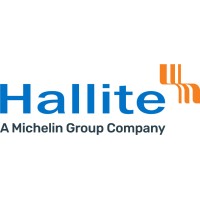
Empire Die Casting
At Empire Die Casting Co., Inc. we have a tradition of going beyond…well beyond…to exceed customers' expectations. At all levels, our people take ownership of the part they play in producing the absolute best aluminum or zinc die castings. Pride, commitment, and experience is why you should make Empire Die Casting Co., Inc. your die caster. Our mission statement says it all: Quality driven people, dedicated to producing the best product through continuous improvement in communication, training, and service. The Empire Die Casting Co., Inc. quality assurance system is ISO/TS 16949 & 9001:2008 & ISO 14001:2004 certified. Empire Die Casting Co., Inc. is totally committed to producing the highest quality aluminum and zinc die cast parts available today.






